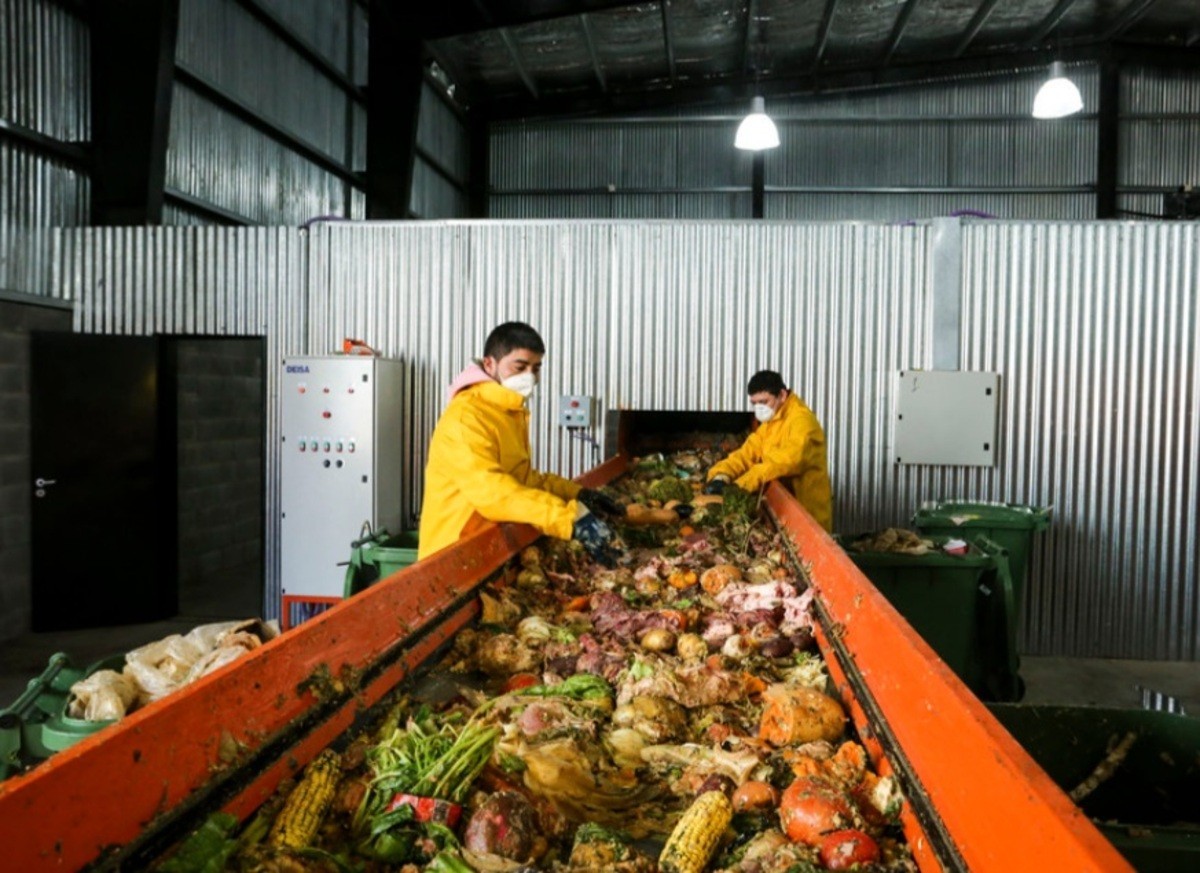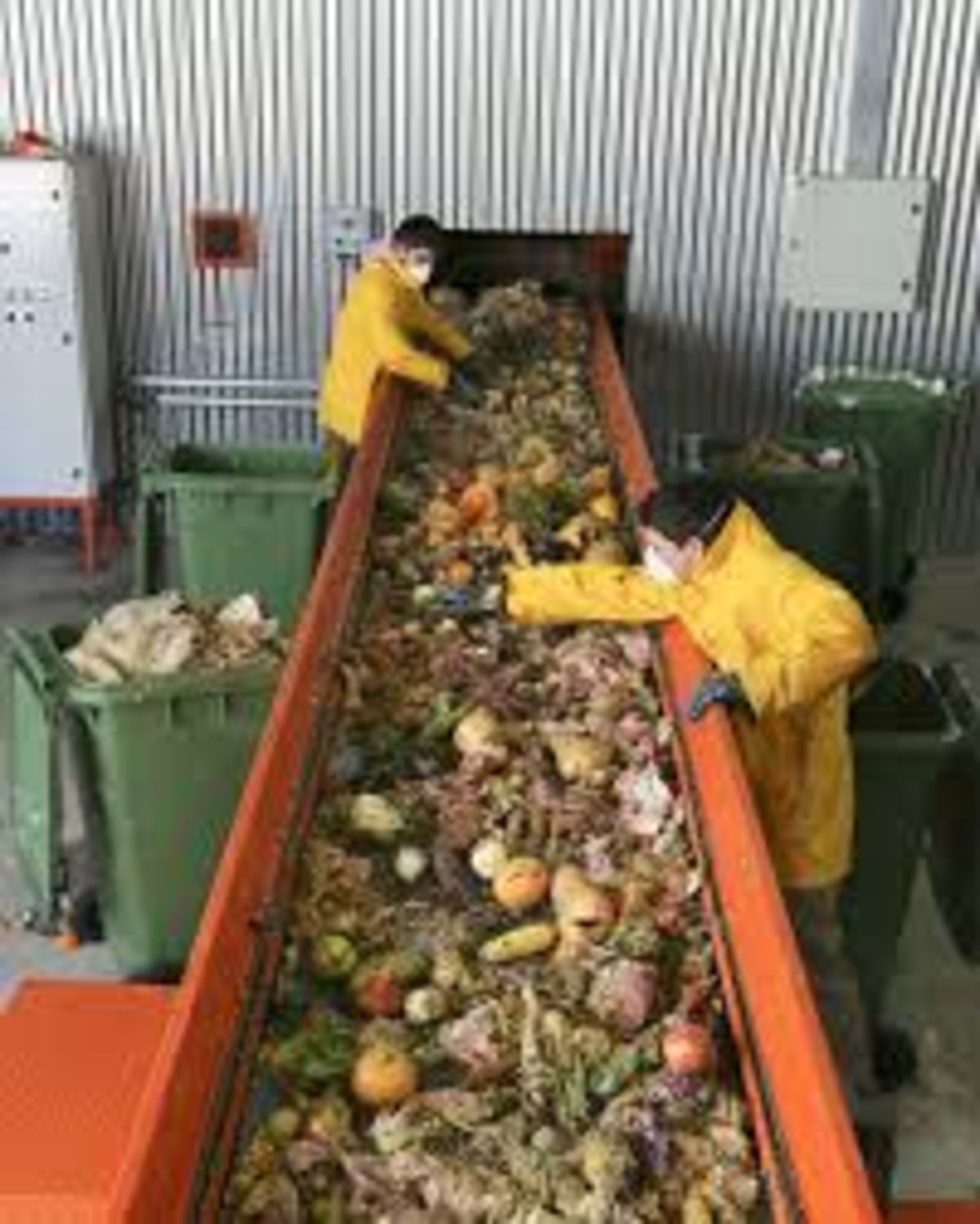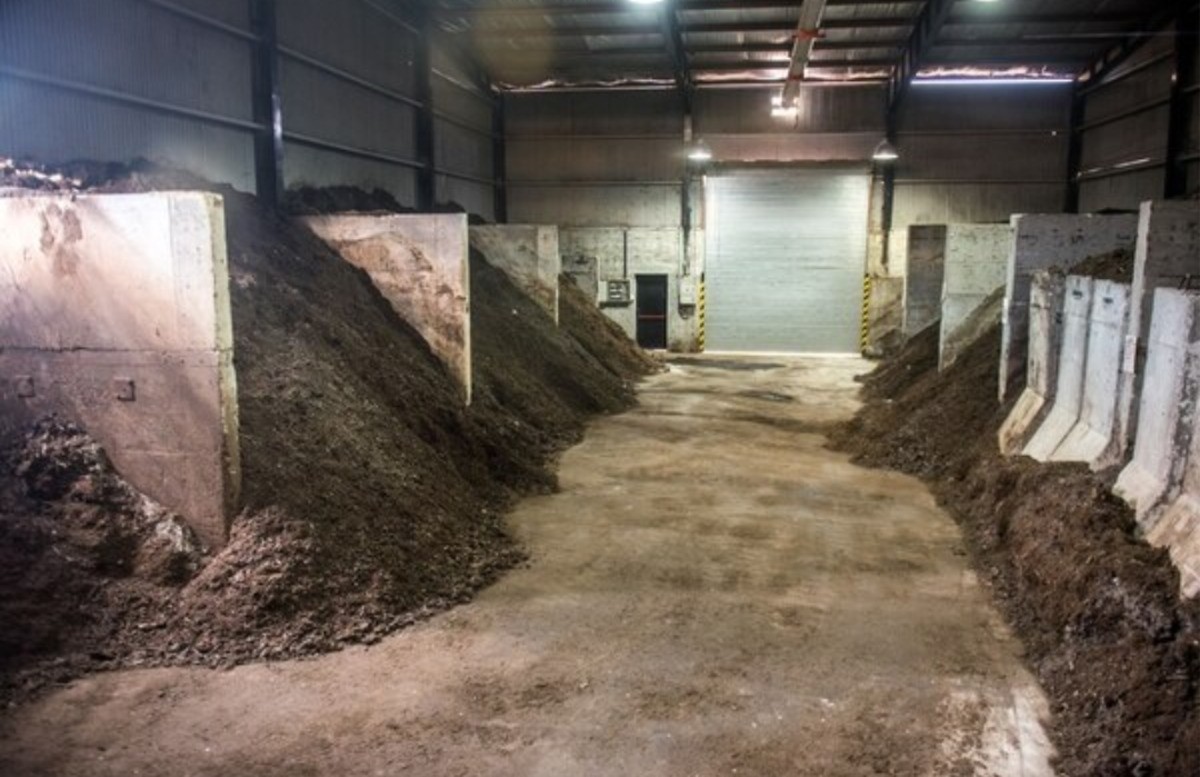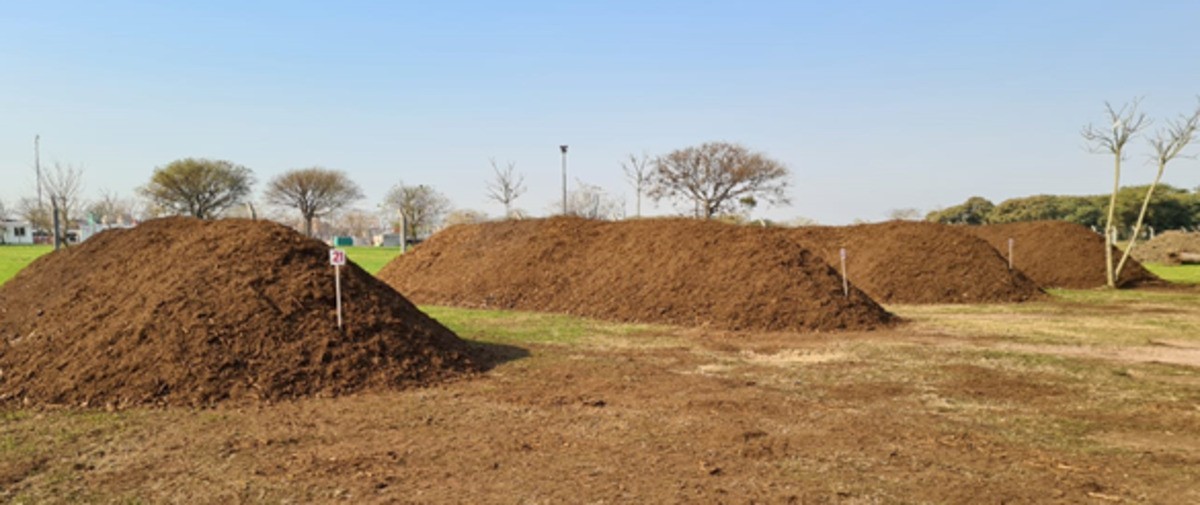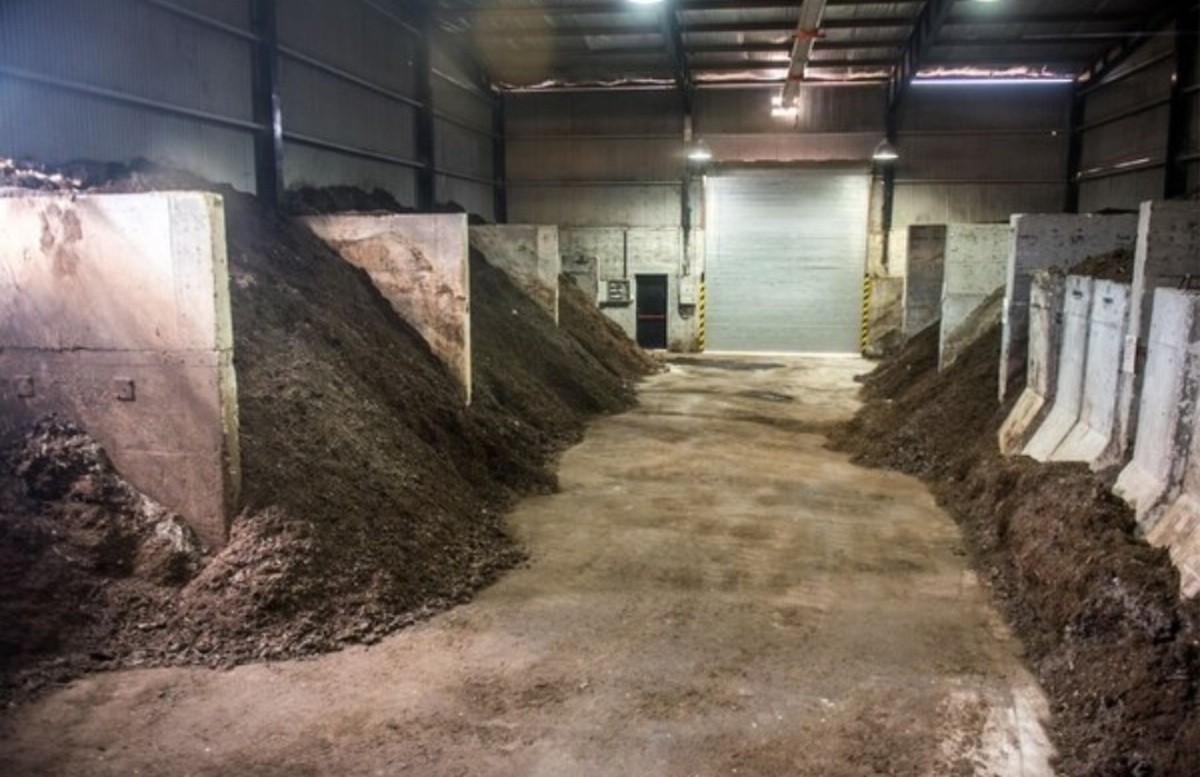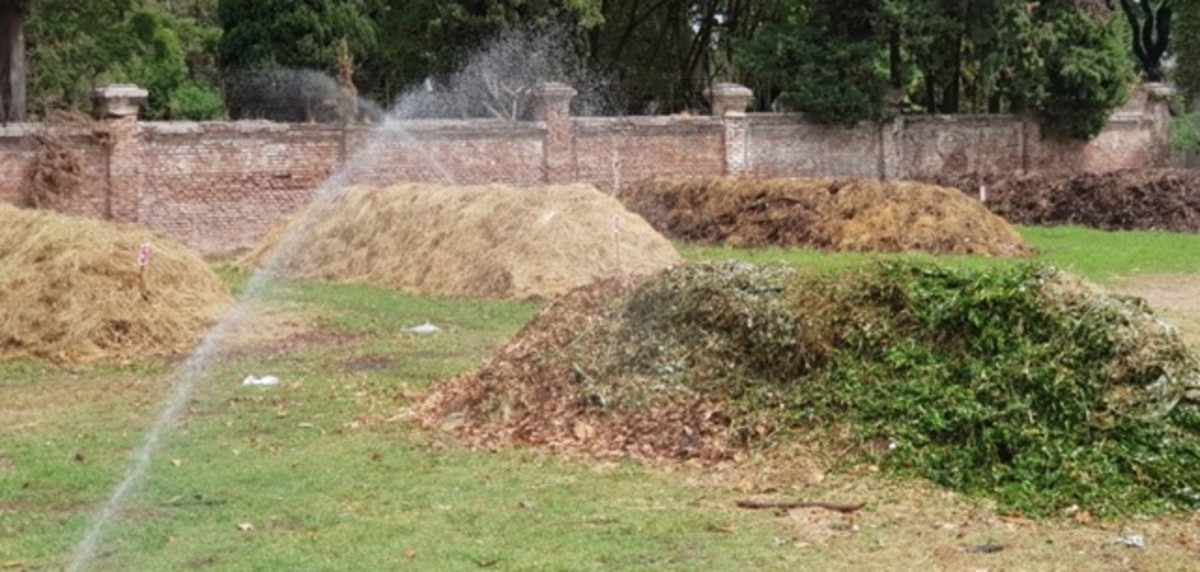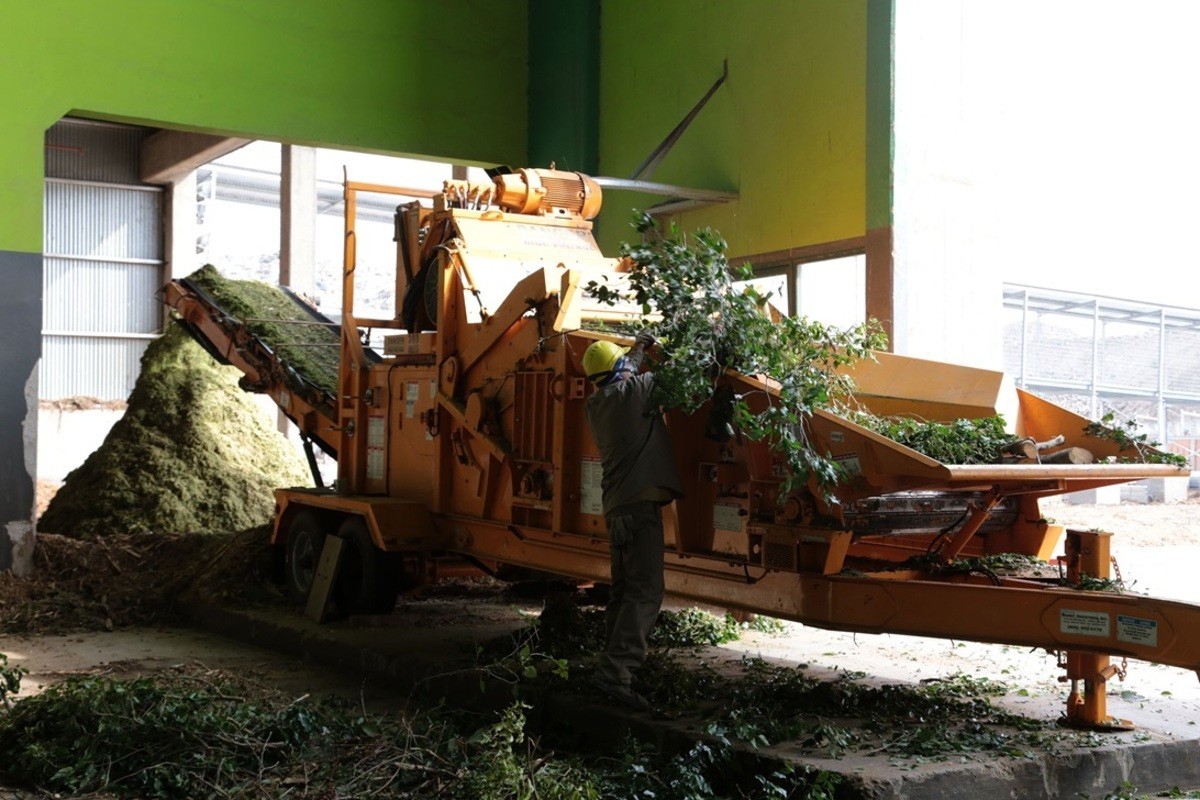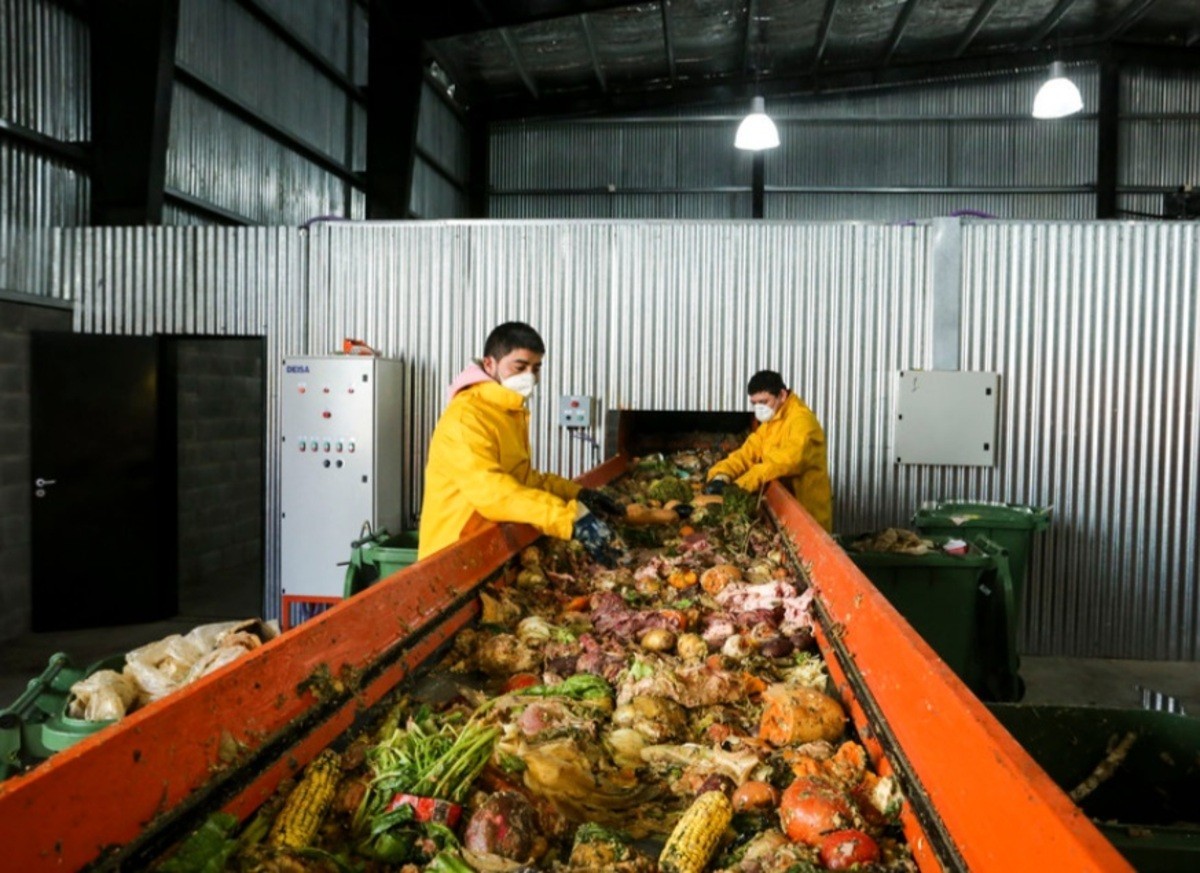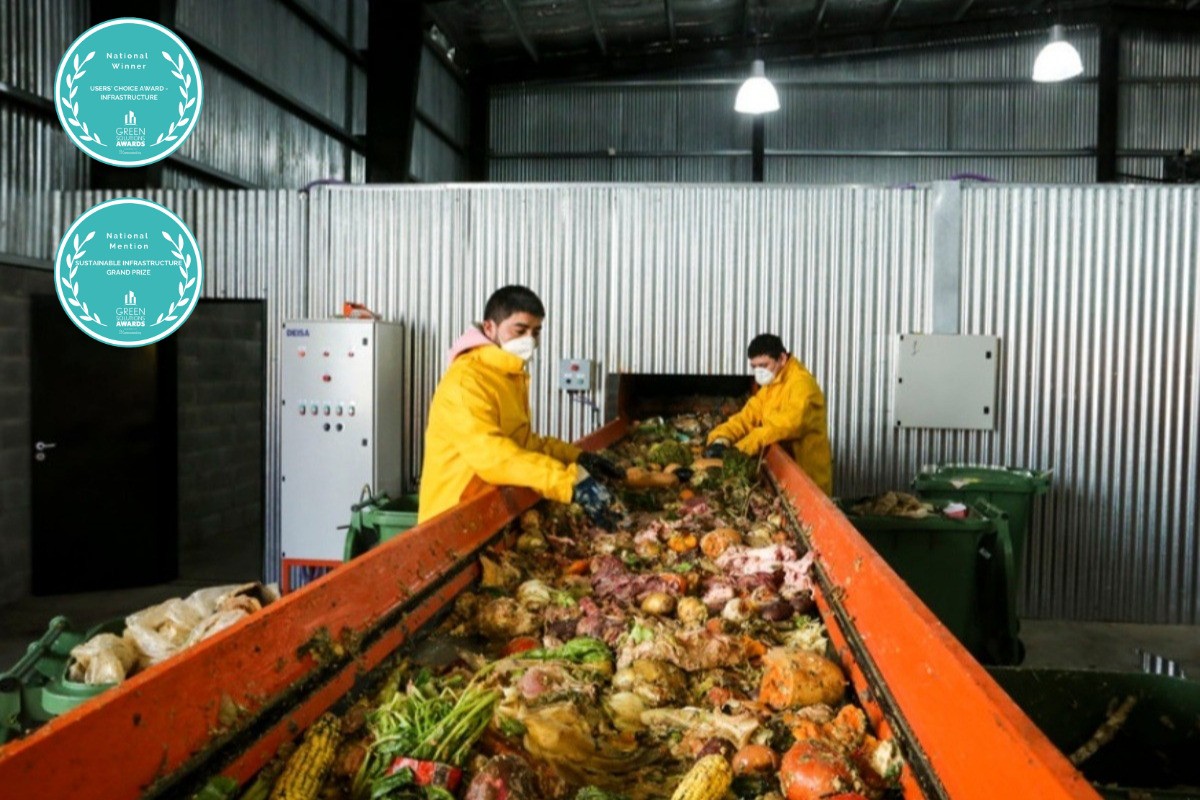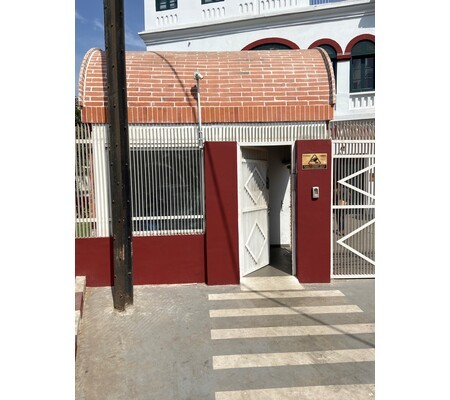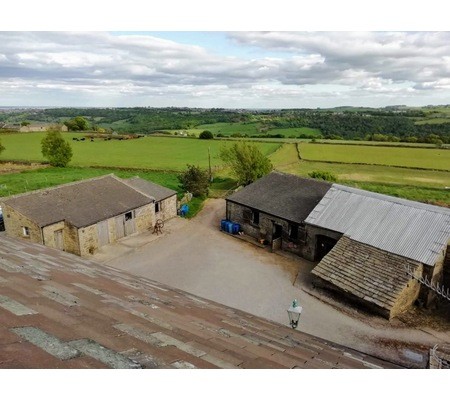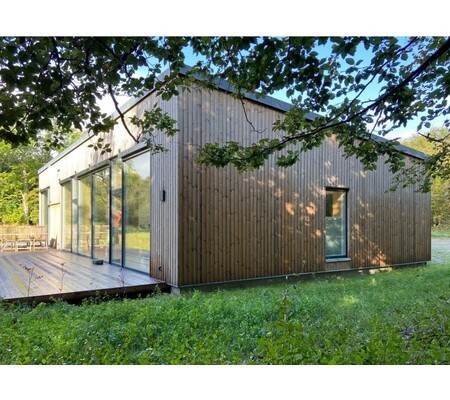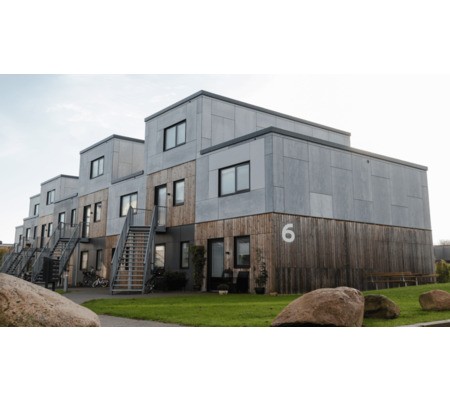Organic Waste Management and Composting Center
Last modified by the author on 12/03/2021 - 14:34
- Year of commitment : 2012
- Address 1 - street : Av. Martín García 346 C1165 AUTONOMOUS CITY OF BUENOS AIRES, Argentina
- Diameter : 203
- CO2 Impact : The GHG avoidance/reduction of this project is of 101, 144 tons of CO2 equivalent/year. To estimate the amount of GHG avoided by this project, the project implementation scenario was compared with the scenario of disposal of all the organic waste in the l
- Green energies : Carbon capture
- Digital services : Waste
- Sustainable mobility : Urban Logistics
- Water cycle : Risk management/Resilience
- Circular economy and waste management : Circular economy
- Biodiversity & Ecosystems : / Ecosystems preservation /
-
7 500 000 €
- Builder
The City of Buenos Aires Government - Manager / Dealer
Private company
It has been observed in recent years that the rate of waste generation per capita has significantly increased in the suburbs of the City of Buenos Aires, accompanying an increase in the level of consumption.
Furthermore, organic waste represents about 43.56% of the municipal solid waste that arrives at Transfer Station, leaving a fraction that is difficult to manage due to its properties (odor, pathogens presence and vector attraction, among others); therefore, it is usually discarded and sent to landfill. As it is well known, the impact of burying organic waste in landfills is very high as it has major negative effects such as greenhouse gas emissions, generation of leachate and odors, among others.
Therefore, the Government of the City of Buenos Aires understands that, due to the above aspects, it is essential to implement a robust waste management plan, promoting zero food waste strategies, household composting and implementing different projects that allow the organic fraction to generate a valuable product that can be sold in the market.
In 2014, the Ministry of Public Space and Urban Hygiene started studying the organic fraction generated from different sectors such as supermarkets, gastronomic establishments, schools, hospitals and public buildings, to determine which generator was best to include in the collection route. Currently, the City presents three differentiated collection routes and more than 100 businesses segregate waste in three fractions: organic, recyclable and waste. Furthermore, there are several drop points where citizens can leave their organic waste every Thursday and at the end of the day, the material is collected through these routes.
The organic waste collected is treated in a composting facility, located in the City Recycling Center. This plant consists of three (3) HotRot 3518 in-vessel composting system, each with a capacity of ten tons per day. The shaft is rotated periodically to provide mixing and aeration. Primary aeration is provided by air injection nozzles positioned along the length of the composting system.
In the Recycling Center there is also a pruning waste facility, that process all the forestry waste generated from the public and private sector. The pruning waste is transformed into a chip that is later reused in the local market and in the green public spaces. This facility processes over 18,000 tons per year and the product can be used as chip (mainly), mulch, pellets, briquettes or structuring material for the composting facility located in this Center.
In addition, it is important to mention that the organic waste management plan contemplates three in situ composting centers that process green waste generated from the maintenance of all the green parks. These centers treat mainly grass cutting, leaves, small branches, flowers, among others and uses a windrow composting process. All the compost generated in these centers is then used by the Government in the green spaces, promoting circular economy and efficient systems of waste reduction. The capacity of the centers is up to 25 tons per day.
Finally, since 2012, the Government of the City of Buenos Aires has a Mechanical and Biological Treatment facility located near the landfill that processes over 1,250 tons per day of household waste. This facility aims to treat most of the organic waste through a composting process, promoting greenhouse gas reduction.
By implementing all these measures, the Government of the City of Buenos Aires aims to reduce the amount of greenhouse gas emissions, as most of the treatments implemented are composting processes. Furthermore, by promoting zero food waste (waste reduction) and in situ treatment, the amount of fossil fuels required for transport is reduced and therefore, the amount of greenhouse gasses generated.
Progress Status
Delivered
Data Reliability
Self-declared
Funding Type
Public
Website Enterprise / Infrastructure
https://www.buenosaires.gob.ar/ciudadverde/disfruta-la-ciudad/centro-de-reciclajehttps://www.buenosaires.gob.ar/ciudadverde/noticias/la-ciudad-tiene-3-centros-de-compostaje-en-palermo-chacarita-y-lugano
https://www.buenosaires.gob.ar/alimentos
Sustainable Development
- Zero Food Waste Program.
- Household composting Workshops.
- Household composting Guide and videos (free and accessible to any citizen from the Ministry main page).
- More than 300 composters were delivered to schools and residents of the City.
Testimony / Feedback
Governance
The City of Buenos Aires Government
Regional Authority
The City of Buenos Aires Government
Construction Industry
Private company
Private
The Government of the City Of Buenos Aires has formal contracts with each of the companies that operate in the different centers, which are accessible in the electronic files and published in the Official Gazette.
Private companies, such as, CUNUMI S.A. for the organic and pruning waste facility in the Recycling Center and BENITO ROGGIO E HIJOS S.A. – TECSAN INGENERÍA AMBINETAL S.A. – UNIÓN TRANISTORIA DE EMPRESAS for the Mechanical and Biological Treatment Facilities.
As mentioned above, the funding comes from citizen contributions.
However, it is important to mention that there are some economic benefits for implementing an organic waste management plan.
The first one is associated with landfill diversion. Promoting zero food waste and in situ organic waste treatment centers generates direct savings associated with: (a) transport from the place of generation to Transfer Station; (b) transport from Transfer Station to landfill (30 kilometers); and, (c) landfill disposal - including, costs for leachate and gas treatment.
This savings can be computed in economic terms (fossil fuels consumption, human resources, machinery requirements, among others), as well as in environmental terms (avoiding environmental degradation, loss of land value and carbon credits).
The second is associated with the valuable products that are generated in the facilities. For instance, it is important to mention that every ton of organic waste being processed in the composting centers has a direct economic benefit, as it is a product that is later reused by the Government City of Buenos Aires as compost in green parks.
Regional Authority
Construction Industry
Private
Sustainable Solutions
- EVA S.A. (http://www.evasa.com.ar/)
- HIDROCOMP
- Urban project governance
- Low-carbon materials/ infrastructure
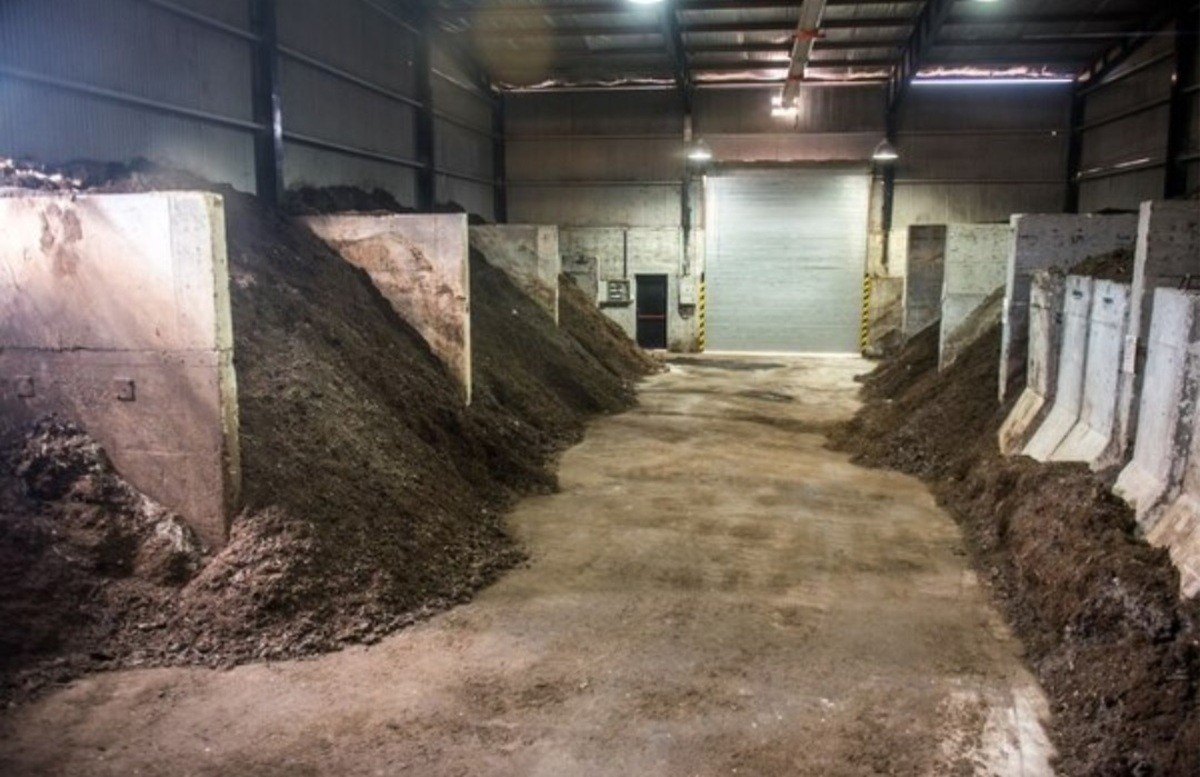
Buenos Aires Organic Waste Management Plan
In terms of an innovative sustainable solution, the Government of the City of Buenos Aires implemented the organic waste strategy mainly as a way to address the landfill problem and to comply with the Zero Waste Law. However, this plan was implemented in compliance with the main international waste principles, such as waste management hierarchy, resource efficiency, implementation of complementary technologies, promotion of proximity between generation and treatment, among others. This was developed thanks to the experience of several years learning on how to manage each fraction, such as food waste, green garden, forestry waste, mixed waste, among others. The progressiveness of the plan has helped local authorities to learn that when organic waste is properly managed, it becomes a valuable resource (such as compost). Moreover, it also helps to demonstrate other municipalities how small or big scale projects can be implemented and tackle the organic issue.
Finally, the organic waste management plan incorporates the public and private sector; and empowers those traditionally underrepresented groups.
The companies websites are:
101,14
Photo credit
Government of the City of Buenos Aires
Reasons for participating in the competition(s)
The Government of the City of Buenos Aires is working hard to implement a municipal solid waste management for the organic fraction. The objective of the plan is to (1) implement a circular economy model, promote waste recovery and landfill diversion, and the transformation of the concept “waste” to “resources”; and (2) contribute to the reduction of greenhouse gas emissions, as well as granting citizens with a healthy and environmentally friendly city.
Therefore, the Government of the City of Buenos Aires understands that, for the above aspects, it is essential to implement a robust waste management plan, promoting zero food waste strategies, household composting and implementing different projects that allow the organic fraction to generate a valuable product that can be sold in the market.
Building candidate in the category





